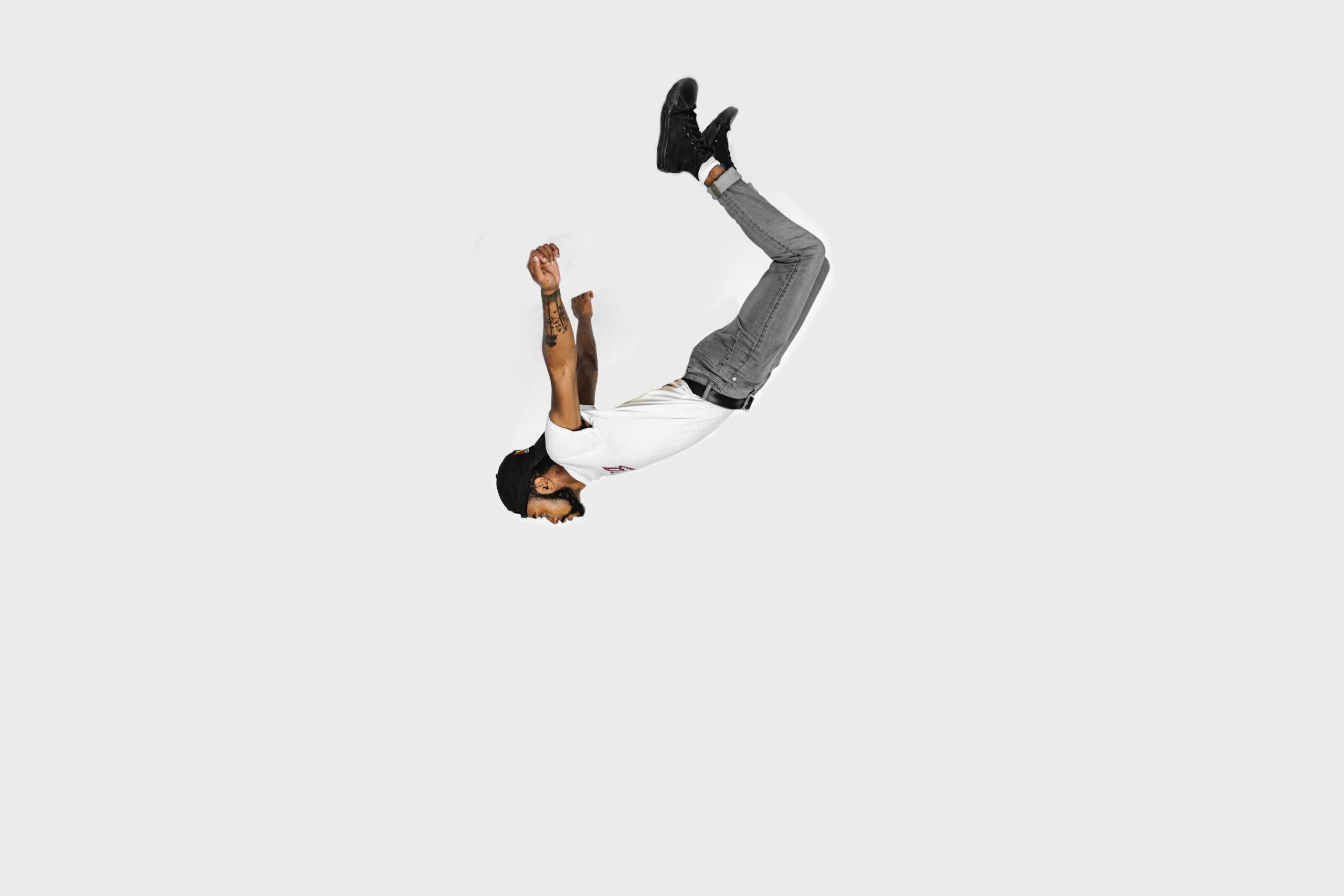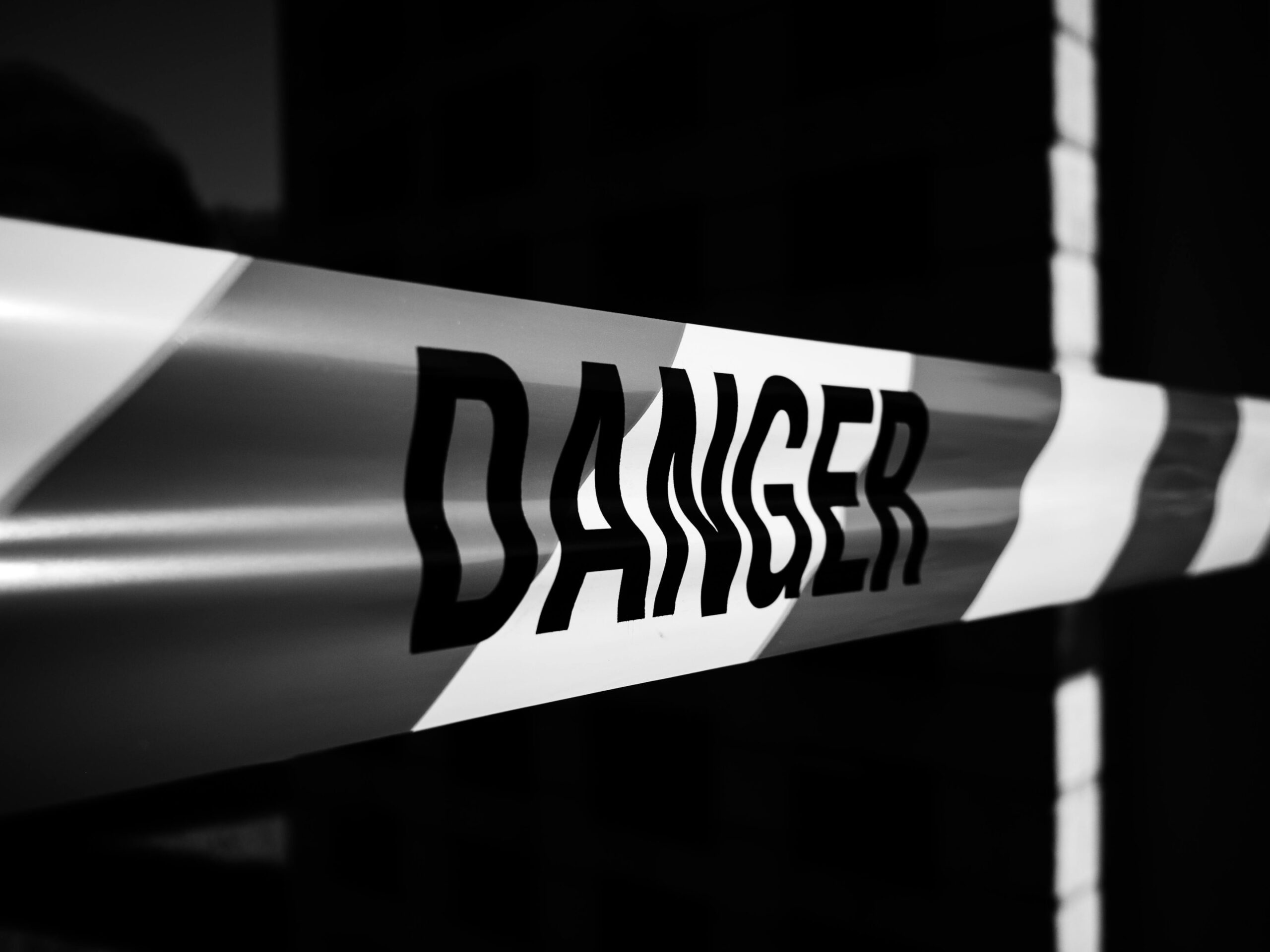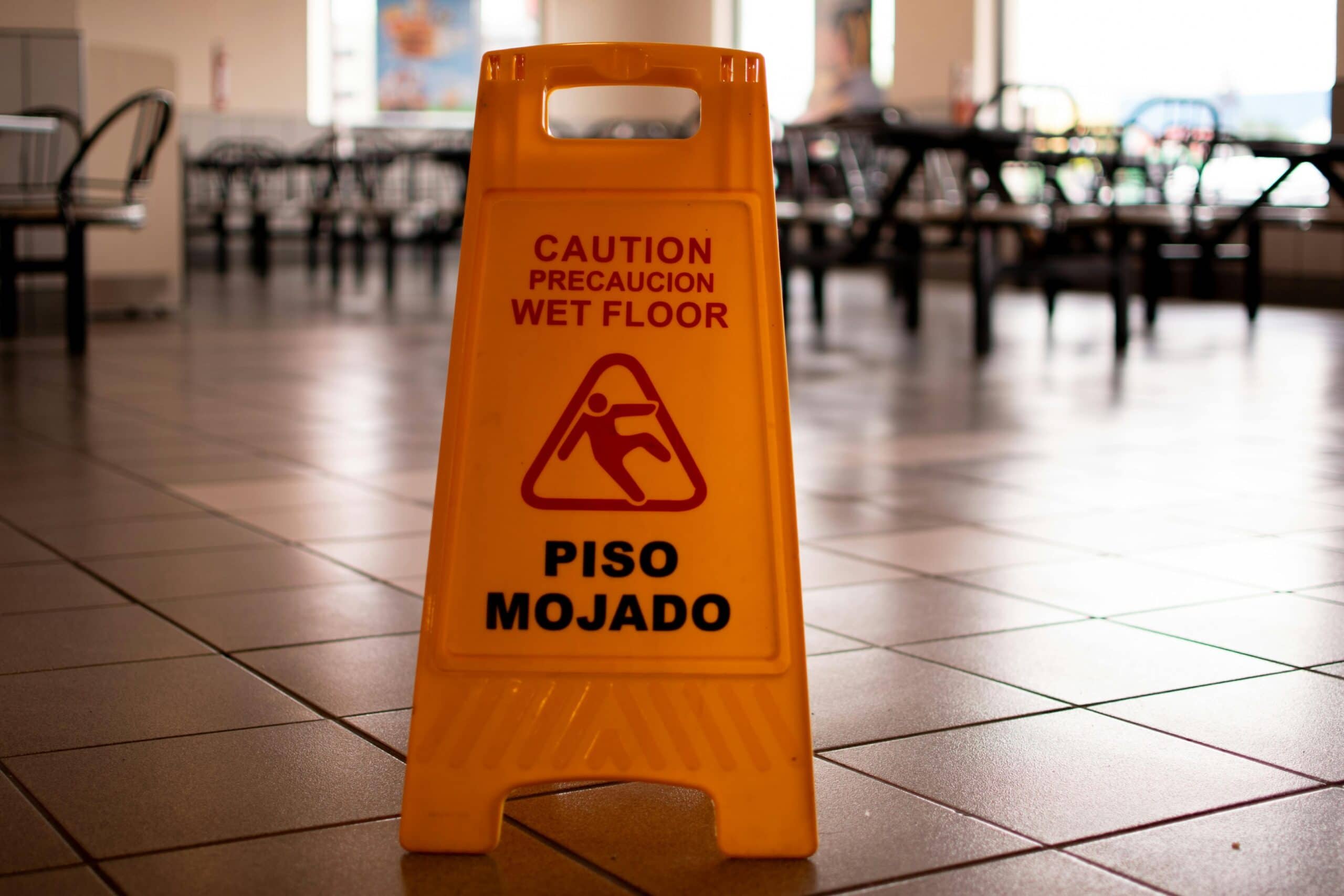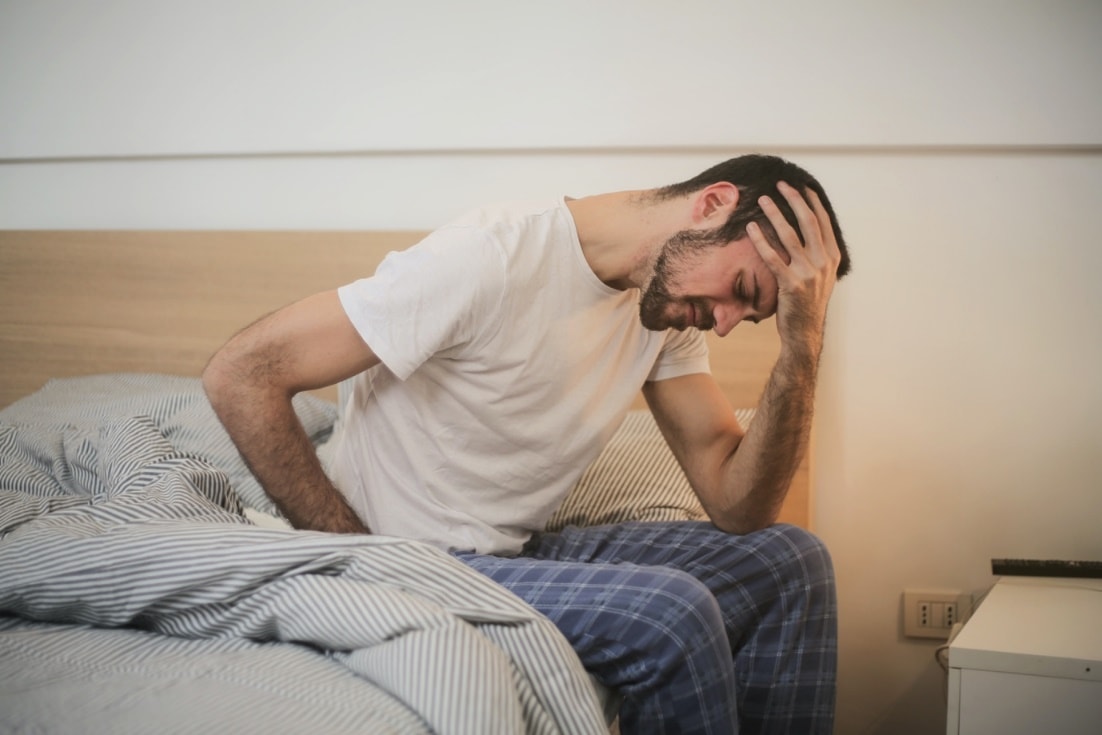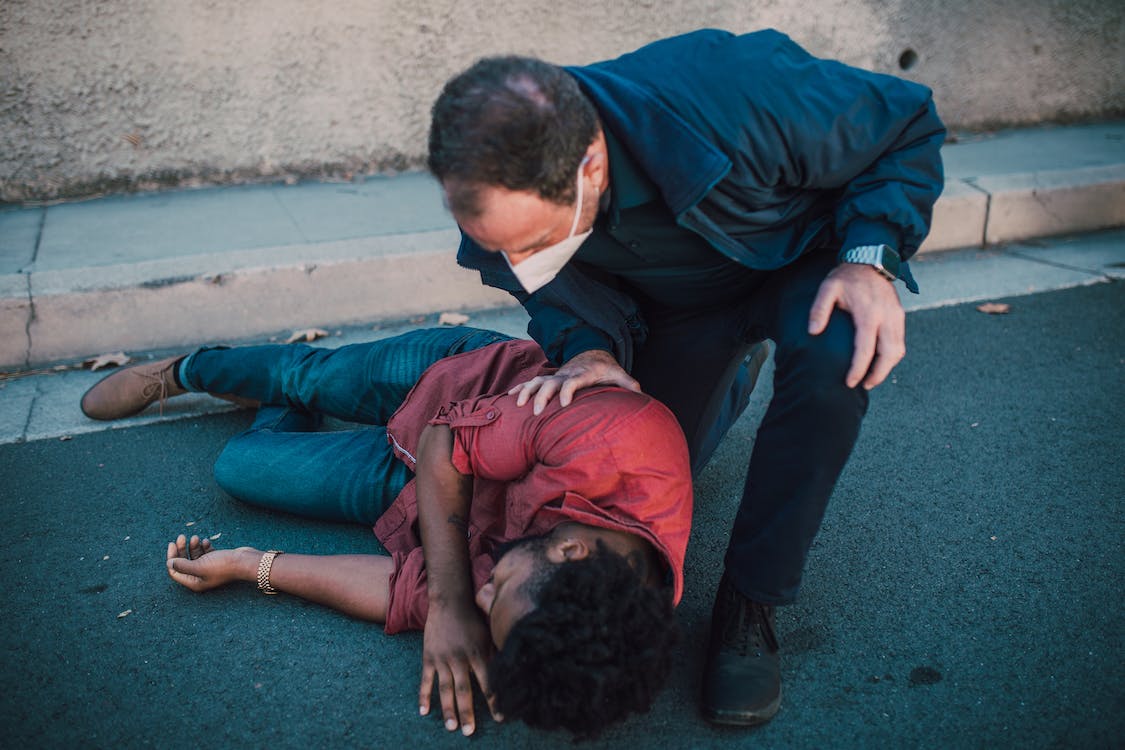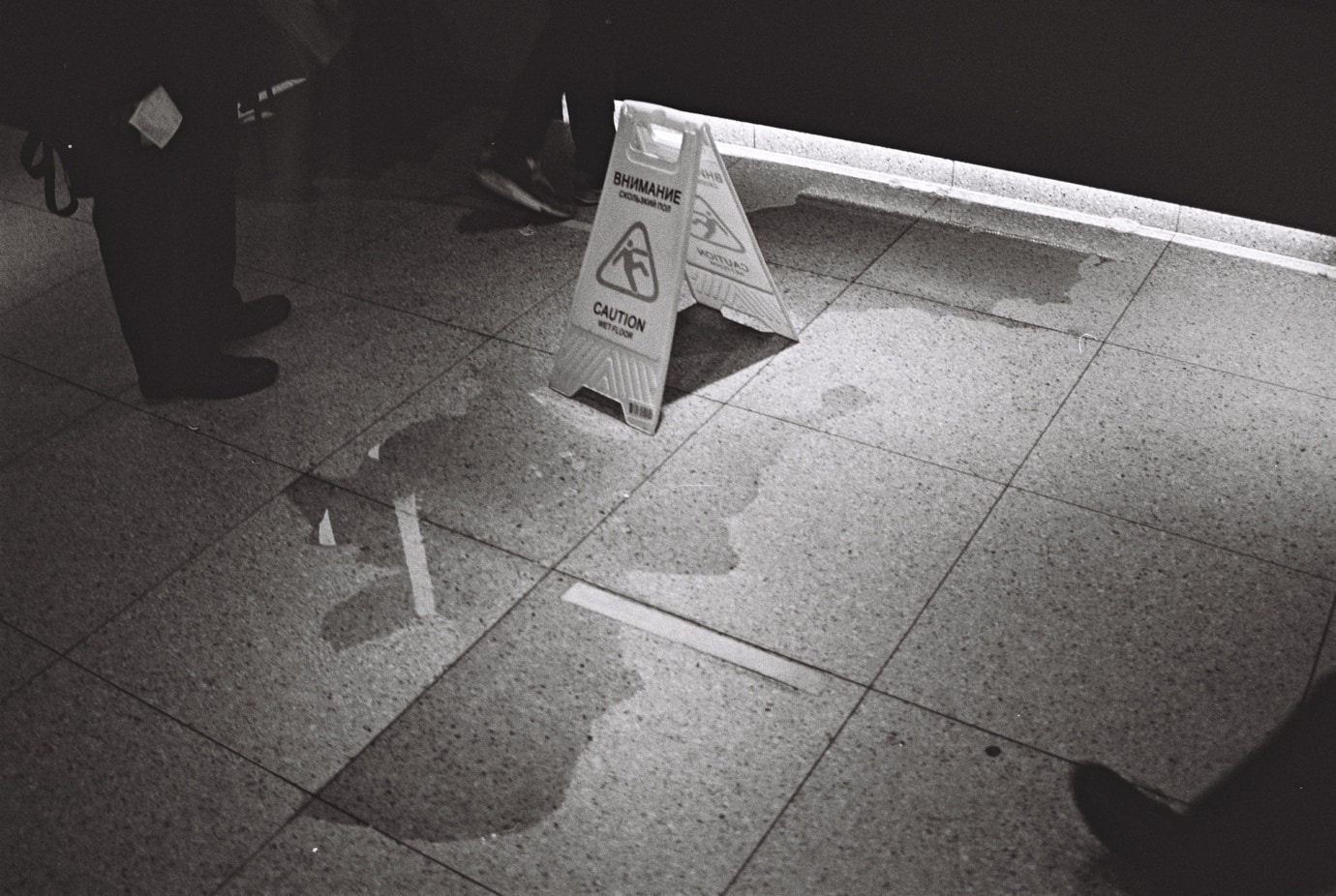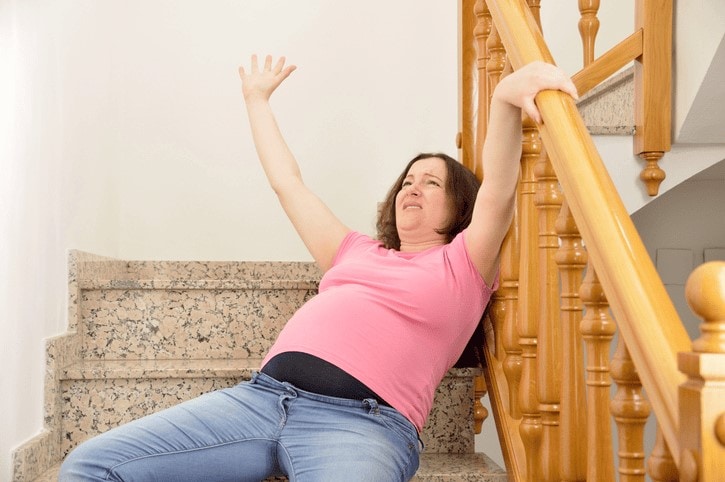
Pregnancy is a beautiful journey filled with anticipation and excitement, but can also come with its fair share of challenges. One unexpected hurdle that many expecting mothers face is a slip-and-fall accident. While slip-and-fall incidents are already stressful, being pregnant adds a layer of concern for both the mother and the unborn child.
In this article, we’ll delve into what happens when you experience a slip and fall while pregnant, the potential consequences, and what steps you should take to protect yourself and your baby. Additionally, we’ll discuss seeking legal guidance if you’ve been injured due to a slip and fall accident while pregnant.
What Happens When You Fall When Expecting?
Slipping and falling during pregnancy can be a terrifying experience. The immediate concern is for the safety and well-being of both the mother and the unborn baby. When a pregnant woman experiences a fall, several factors come into play. The impact of the fall, the stage of pregnancy, and the health of the mother and baby all influence the outcome.
First Trimester:
During the first trimester, the developing baby is relatively well-protected within the mother’s pelvis. However, falls during this period can still lead to complications such as placental abruption or miscarriage, especially if the impact is severe.
Second Trimester:
In the second trimester, as the baby grows and the uterus expands, the risk of injury increases. A fall during this stage can result in fractures, particularly to the pelvic bone, which could lead to premature birth or other complications.
Third Trimester:
By the third trimester, the baby is much larger, and a fall can cause significant harm. There’s an increased risk of placental abruption, where the placenta separates from the uterine wall, potentially depriving the baby of oxygen and nutrients. Additionally, falls in the later stages of pregnancy can trigger early labor or cause injuries to both the mother and the unborn child’s health journal.
Common Causes of Falls When Pregnant
Understanding the common causes of falls during pregnancy is crucial for prevention. Some of the typical scenarios include:
Slippery Surfaces: Wet floors, icy sidewalks, or recently mopped areas can increase the risk of slipping, particularly when wearing shoes with inadequate traction.
Uneven Surfaces: Cracked sidewalks, loose rugs, or uneven flooring pose a tripping hazard, especially as balance becomes compromised due to changes in the body during pregnancy.
Poor Lighting: Dimly lit areas can make it difficult to see potential hazards, increasing the likelihood of missteps and falls.
Improper Footwear: Wearing high heels or ill-fitting shoes can throw off balance and stability, making falls more likely.
Physical Changes: As pregnancy progresses, the body undergoes significant changes, including shifts in center of gravity and loosening of ligaments, which can affect balance and coordination.
Consequences of Falling While Pregnant
The consequences of a slip and fall accident during pregnancy can vary depending on the severity of the fall and the stage of pregnancy. Some potential outcomes include:
Injuries to the Mother: Pregnant women may sustain injuries such as fractures, sprains, or bruises from a fall. In more severe cases, internal injuries or bleeding may occur, necessitating immediate medical attention.
Complications for the Unborn Baby: The unborn baby is also at risk of injury during a fall. Trauma from the impact can lead to premature separation of the placenta, which may result in oxygen deprivation or other complications for the baby.
Premature Birth: Falls during pregnancy can trigger early weeks labor, leading to premature birth and potential health issues for the baby.
Emotional Stress: Experiencing a fall while pregnant can be emotionally distressing for both the mother and her loved ones, adding stress to an already challenging time.
What to Do After a Slip and Fall While Pregnant?
Experiencing a slip and fall while pregnant can be a frightening and stressful experience, but it’s essential to take the right steps to ensure both your safety and the well-being of your unborn baby. If you find yourself in this situation, here’s what you should do:
Assess Your Condition: Take a moment to check for any immediate injuries or discomfort after the fall. Stay calm and focus on evaluating your well-being.
Seek Immediate Medical Attention: Even if you feel fine, it’s crucial to seek medical help promptly. Some injuries may not be obvious but could be serious, especially during pregnancy.
Call for Help: If you’re unable to move or feel incapacitated, ask for assistance immediately. Avoid trying to move on your own if you suspect serious injuries.
Inform Your Healthcare Provider: Let your doctor or midwife know about the fall. They can assess your condition and monitor your baby’s health for any potential issues.
Document the Incident: If possible, gather evidence, such as photos of the scene and contact information from witnesses. This documentation can be valuable later on.
Consult with a Personal Injury Attorney: Consider seeking advice from a personal injury lawyer specializing in slip and fall cases. They can assess your situation and advise you on your legal options.
Follow Your Doctor’s Recommendations: Adhere to any instructions or recommendations from your healthcare provider regarding rest and follow-up care. Prioritize your health and well-being during this time.
Monitor Your Symptoms: Stay vigilant for any changes in symptoms or new concerns after the fall. Contact your healthcare provider immediately if you experience any worrisome symptoms or changes in your condition.
When to Seek Emergency Care After Falling During Pregnancy
If you experience a slip and fall accident while pregnant, it’s essential to seek medical attention, even if you feel fine initially. Some signs that warrant a trip to the emergency room include:
Vaginal Bleeding: Any amount of vaginal bleeding during pregnancy should be evaluated by a healthcare provider to rule out serious complications.
Abdominal Pain: Persistent or severe abdominal pain following a fall could indicate internal injuries like internal bleeding or other complications requiring medical intervention.
Fluid Leakage: If you notice a sudden gush or continuous trickle of fluid from the vagina, it could be a sign of amniotic fluid leakage, which requires prompt evaluation by a healthcare professional.
Decreased Fetal Movement: A decrease in fetal movement or no movement at all after a fall should prompt immediate medical attention to ensure the baby’s well-being.
Contractions: Regular uterine contractions following a fall may indicate preterm labor and require urgent medical evaluation.
Who Can Be Held Liable for My Slip and Fall Injury?
Determining liability in slip and fall cases during pregnancy can be complex and may involve multiple parties. Depending on the circumstances of the accident, potential liable parties may include:
Property Owners: Property owners have a legal responsibility to maintain safe premises and address any hazardous conditions that could pose a risk to visitors. If a slip and fall occurs due to negligent maintenance or failure to address known hazards, the property owner may be held liable for resulting injuries.
Third Parties: In some cases, third parties such as contractors, maintenance companies, or property managers may share responsibility for slip and fall accidents if their actions or negligence contributed to the incident.
Other Individuals: If a slip and fall occurs due to the actions or negligence of another individual, such as in cases of assault or intentional harm, that individual may be held liable for resulting injuries.
Preventive Measures for Pregnant Women
While accidents can happen, there are steps pregnant women can take to reduce the risk of slip and fall incidents:
Wear Appropriate Footwear: Opt for supportive, nonslip shoes with low heels to improve stability and traction.
Use Handrails: When navigating stairs or uneven surfaces, always use handrails for support and balance.
Stay Alert: Be mindful of your surroundings and potential hazards, especially in unfamiliar or poorly lit areas.
Take Your Time: Avoid rushing and take slow, deliberate steps to minimize the risk of slipping or tripping.
Avoid High-Risk Activities: Steer clear of activities that increase the likelihood of falls, such as climbing ladders or standing on unstable surfaces.
Getting Compensation for Injuries from a Slip and Fall While Pregnant
If you’ve been injured in a slip-and-fall accident while pregnant, it’s essential to seek legal guidance from a knowledgeable personal injury attorney. An experienced slip-and-fall lawyer can help you understand your rights, navigate the legal process, and pursue fair compensation for your damages. Some of the potential damages you may be entitled to recover include:
Medical expenses, including hospital bills, doctor’s fees, and rehabilitation costs
Lost wages or income due to time off work for recovery
Pain and suffering, including physical discomfort and emotional distress
Future medical costs for ongoing treatment or therapy
Loss of consortium (if the injury impacts your relationship with your partner)
By consulting with a compassionate and experienced attorney, you can ensure that your rights are protected and that you receive the compensation you deserve for your slip and fall injury.
The Role of an Attorney in Slip and Fall Cases During Pregnancy
The aftermath of a slip and fall accident during pregnancy can be overwhelming, especially when considering the potential legal implications and the need for compensation to cover medical expenses and other damages. An experienced personal injury attorney specializing in slip and fall cases can provide invaluable assistance and support during this challenging time.
Legal Guidance and Representation: Attorneys provide expert advice and represent you throughout the legal process.
Investigation and Evidence Gathering: They gather evidence such as witness statements and maintenance records to support your personal injury claim.
Establishing Liability: Attorneys determine who is responsible for the accident, whether it’s the property owner or another party.
Assessing Damages: They help evaluate the full extent of your damages, including medical expenses and lost wages.
Negotiating with Insurance Companies: Attorneys handle communications and negotiations with insurance adjusters to secure a fair settlement.
Advocating for Your Rights: Your attorney fights to protect your rights and ensure you receive fair compensation.
Providing Peace of Mind: Having an attorney by your side gives you confidence and allows you to focus on your health and well-being.

Ready to Protect Your Rights and Your Baby’s Well-being? Contact BLG Today
In conclusion, experiencing a slip-and-fall accident while pregnant can be a frightening and challenging ordeal. It’s essential to prioritize your health and seek immediate medical attention if you’ve been injured. Additionally, consulting with a knowledgeable personal injury attorney can help you understand your legal rights and options for seeking compensation. By taking preventive measures and being proactive about your safety, you can reduce the risk of falls and protect yourself and your baby during pregnancy.
Are you an expecting mother who has experienced a slip-and-fall accident? Don’t let uncertainty and stress overwhelm you. BLG is here to offer compassionate guidance and expert legal representation tailored to your unique situation. Our team of experienced attorneys understands the challenges pregnant women face after an injury, and we’re dedicated to helping you pursue the compensation you deserve.
Contact us today for a free consultation.
